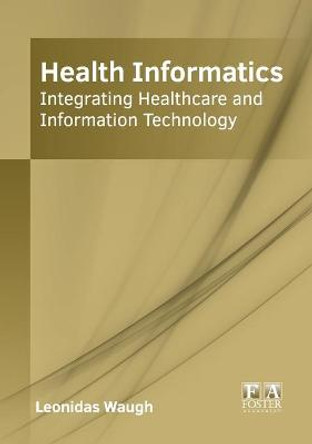Description
Both developing and developed countries face an increasing mismatch between what patients expect to receive from healthcare and what the public healthcare systems can afford to provide. Where there has been a growing recognition of the entitlement to receive healthcare, the frustrated expectations with regards to the level of provision has led to lawsuits challenging the denial of funding for health treatments by public health systems.
This book analyses the impact of courts and litigation on the way health systems set priorities and make rationing decisions. In particular, it focuses on how the judicial protection of the right to healthcare can impact the institutionalization, functioning and centrality of Health Technology Assessment (HTA) for decisions about the funding of treatment. Based on the case study of three jurisdictions – Brazil, Colombia, and England – it shows that courts can be a key driver for the institutionalization of HTA. These case studies show the paradoxes of judicial control, which can promote accountability and impair it, demand administrative competence and undermine bureaucratic capacities. The case studies offer a nuanced and evidence-informed understanding of these paradoxes in the context of health care by showing how the judicial control of priority-setting decisions in health care can be used to require and control an explicit scheme for health technology assessment, but can also limit and circumvent it.
It will be essential for those researching Medical Law and Healthcare Policy, Human Rights Law, and Social Rights.
Book Information
ISBN 9781032184913
Author Daniel Wang
Format Paperback
Page Count 202
Imprint Routledge
Publisher Taylor & Francis Ltd






